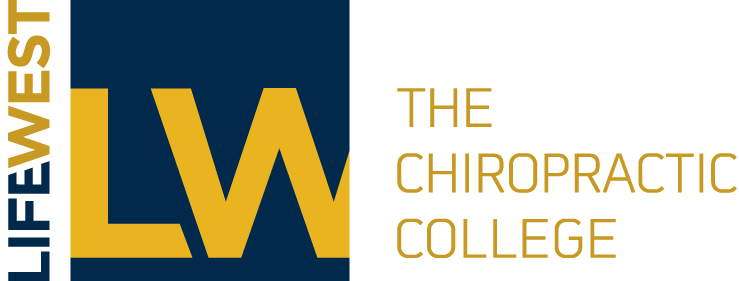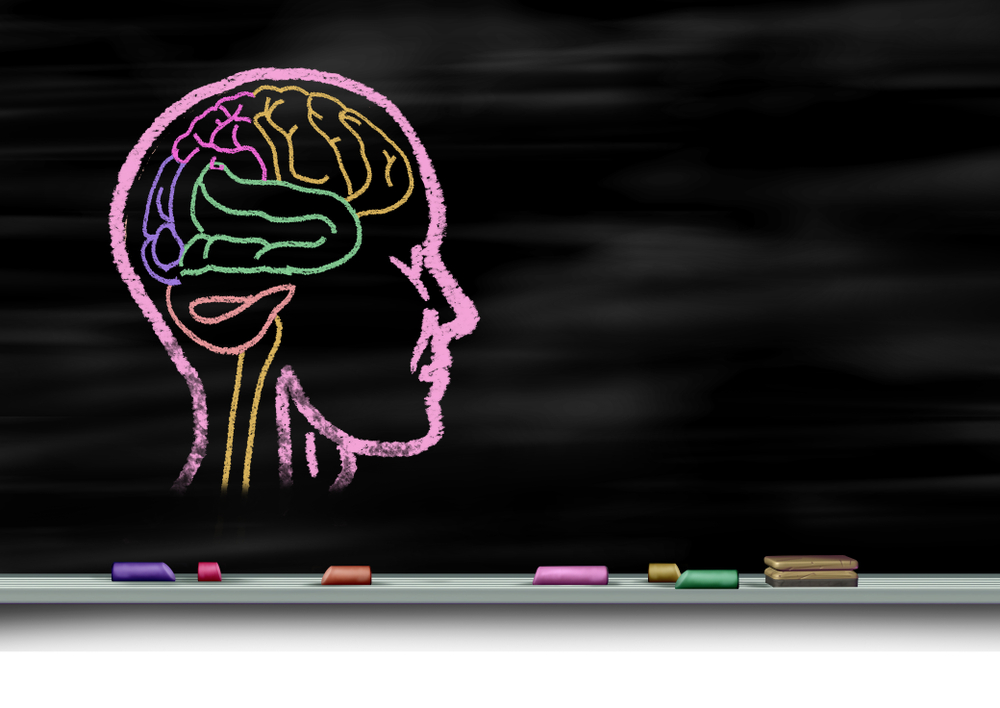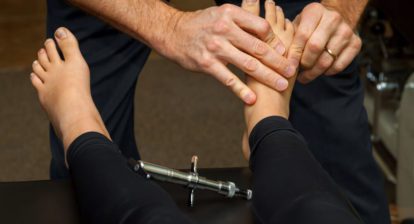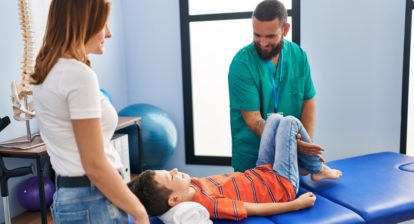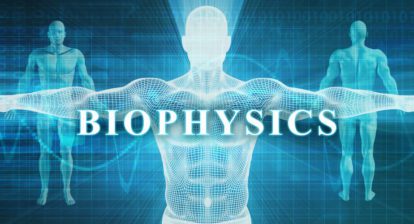– Monika A. Buerger, DC –
Chiropractic truly is a Science, Art and Philosophy. When you understand the science, philosophy becomes more solid. When philosophy becomes more solid, the science becomes even more meaningful. The two have reciprocal consequences that lead to an increased level of confidence and certainty in practice. This is the place where the art of chiropractic then manifests at the highest energetic level.
According to the Centers for Disease Control (CDC), the current rate of Autism Spectrum Disorder (ASD) in the United States is 1 in 44 children. In a paper released in September of 2021 in JAMA Pediatrics, researchers found that preemptive intervention for Autism Spectrum Disorder from age nine months among a sample of infants showing early signs of ASD led to reduced ASD symptom severity across early childhood and reduced the odds of an ASD diagnosis at age 3 years. So, what was this early intervention? The answer to this is the framework for the future of pediatric chiropractic from a neurodevelopmental perspective.
I believe that in order to understand the answer to the above “early intervention”, we should first have some basic understanding of what is known from the current chiropractic neuroscience literature. Studies done by top researchers, Heidi Haavik and her team, have repeatedly shown that
adjusting the spine will influence the way that the Prefrontal Cortex (PFC) processes somatosensory information. Among a host of critical functions, the PFC is considered the “Executive Functioning System” of the brain; it also controls our social engagement system. In the above noted study, the preemptive intervention given to reduce the odds of a later ASD diagnosis was that of coaching caregivers on appropriate social engagement interactions with their children.
The future of neurodevelopmentally based pediatric chiropractic care is being able to look at what I call the NeuroMatrix and understanding WHEN during development did the insults occur, WHAT those particular insults may have been and WHERE did the insults potentially leave their mark on the developing nervous system. Proper social engagement with caregivers is essential for bonding. It is well known that caregiver bonding with newborns is important in order to establish a healthy relationship between the child and their caregivers. Bonding is also necessary to foster healthy relationships and emotional regulation throughout one’s life. However, this life-altering process is also important in neurological development. Social engagement with caregivers, especially with mom, in the form of eye contact and infantile directed speech, has shown activation within the Medial Prefrontal Cortex (mPFC). Evidence suggests that the mPFC exhibits functional activation much earlier than previously thought, suggesting that the mPFC is involved in social information processing from early in life. The mPFC is also known to be important for human social cognition and behavior throughout life. Social engagement, particularly with mom, produces the important hormone oxytocin; also known as the “love drug” oxytocin helps us relate to others and strengthens trust and closeness in relationships. Oxytocin also activates the vagus nerve which is the prime driving force of the parasympathetic nervous system and is responsible for the anti-inflammatory arm of immune system modulation, gastrointestinal regulation, heart rate and a host of other critical neurophysiological responses; all of which are known to be dysfunctional in those with neurodevelopmental disorders.
He who knows things from their beginning and origins understands them better …
-Aristotle , 4th century BC
In the world of neurodevelopment and neuropsychiatry, the maturation of the autonomic nervous system, of which the PFC will be the primary regulator, is considered the neurobiology of physical,
mental and emotional disease. I see the future of pediatric chiropractic and neurodevelopment intertwined and working alongside (actually leading) those in other professions that understand that
regulation of the autonomic nervous system and processing information from our world is the key to health and development. If the chiropractic adjustment helps to modulate processing of sensory information in the PFC, it stands to reason that it may also play a role in the development of proper social engagement and caregiver bonding. Therefore, getting children under chiropractic care from the beginning of life could potentially steer the course of neurodevelopment and turn the tide on a later diagnosis of autism or other neurodevelopmental disorders.
Understanding the profound effect that chiropractic care can have on the entire life of a child is one of the most amazing and inspirational things that this profession has to offer!

